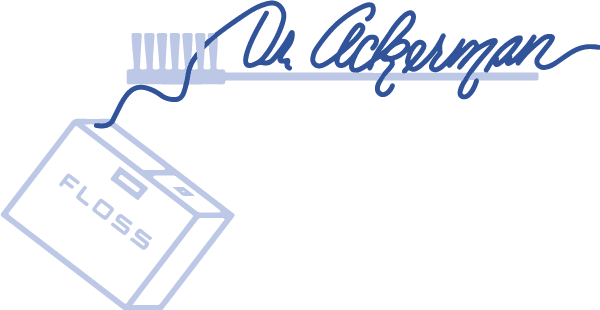When necessary, oral surgery can be lifesaving. Life-changing even! That’s why it is important to know what you are getting into before going through the procedure. At Dr. Ackerman’s office in Carmichael, CA, we are well equipped with the knowledge and expertise to take care of you and make sure that everything goes smoothly for your procedure!
To ensure that you receive the best care possible, Dr. Gary Ackerman always works closely with a team of specialists when necessary including oral surgeons and maxillofacial surgical residents who are trained in specific areas such as endodontic therapy or pediatric dentistry for children up until college age. Dr. Ackerman strives toward excellence by using his expertise to treat patients both quickly and responsibly so they can return home after treatment without any issues occurring. To learn more about oral surgery, what to expect and how to prepare, keep reading!
Short answer – Yes! Orthognathic surgery is a big deal, and patients should know that they will need to follow Dr. Ackerman’s instructions carefully. Patients who have only one jaw operated on usually go home the same day of the operation; however those needing both jaws fixed might stay overnight. Dr. Ackerman dissuades any medication including blood thinners because these could increase your tendency towards bleeding.
You should always discuss with Dr. Gary Ackerman, DDS any medications you are taking before surgery. The pre-surgical consultation is the best time to discuss any medications you’re taking. If needed, Dr. Ackerman will work in conjunction with your physician before withholding certain medications.
Local anesthesia is used to make the treatment more comfortable. We may recommend nitrous sedation and for more intense treatments we would offer oral sedation or IV sedation, which will put you into a deep sleep and take care of any pain, anxiety, excitement, or sadness symptoms for hours after your procedure.
We recommend staying at least 20 minutes in our recovery room if you were sedated for your surgery so Dr. Ackerman can check on your recovery before sending you home. You should have transportation arranged to take you home, as you will be in no state to drive as it is required to not drive a minimum of 24 hours after your procedure.
Dr. Ackerman will provide you with the estimated time of surgery at your consultation. The lengthier procedures may take up to one hour or more while shorter ones generally only last thirty minutes.
If the treatment requires the patient to be sedated, then you must not consume anything, including water for 6-8 hours prior to surgery.
You must not smoke or drink any fluids for eight hours prior to the procedure. Ideally, cut down on your smoking as soon as possible and try not to resume it following surgery. A responsible adult should accompany you and drive you home afterward. Wear loose-fitting clothing which can be rolled up above elbow level or with no sleeves. Low-heeled shoes will keep you from getting dizzy during procedures. In addition, please do remove contact lenses/dentures unless told differently by our doctor due to their potential discomforting effect when under sedation. For more information, please feel free to contact Dr. Ackerman before the surgery date.
We use antibiotics to kill bacteria in the mouth and prevent infection after treatment. The specific drug used depends on a patient’s medical profile as well as their post-treatment well-being; it can be different for each type of procedure.
Either Dr. Ackerman or one of our highly trained team members will be carefully monitoring your vital signs throughout your procedure.
You will bite on some gauze pads for about 30-45 minutes after the procedure for the blood to clot. You may have to repeat this step several times before the area fully clots. Afterward do not rinse vigorously, suck on straws, smoke, drink alcohol, or brush teeth next to the extraction site for 72 hours.
After the extraction of a tooth, you may experience pain and swelling. A cold compress applied to the area will help reduce some discomfort while waiting for the discomfort to go away on its own or taking medications as prescribed by Dr. Ackerman. During more intense procedures such as jaw surgery, you may experience more bruising. Dr. Ackerman would be happy to discuss this with you in detail over a consultation.
The type of procedure and the state of health of the patient will help determine what medication is to be used after surgery. Antibiotics work differently for each person so it’s important to follow Dr. Ackerman’s instructions on how long they should be taken. Drink a lot of liquids and eat nutritious foods the day before your extraction. You can start eating normally as soon as you feel comfortable.

